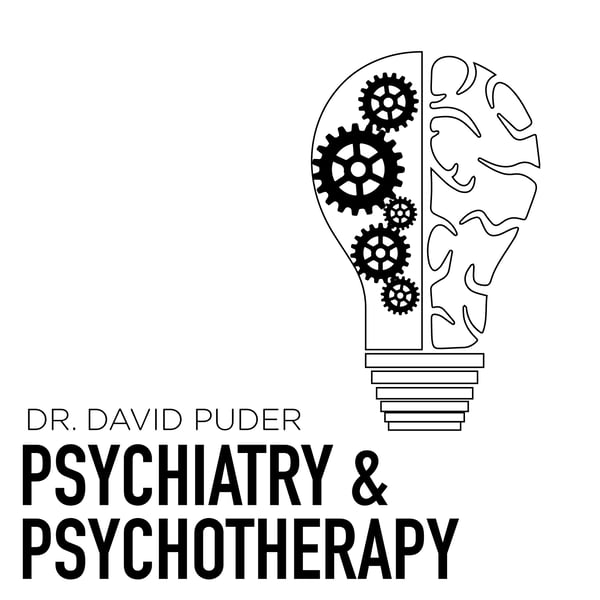Using Microexpressions in Psychotherapy
Psychiatry & Psychotherapy Podcast
David J Puder
4.8 • 1.3K Ratings
🗓️ 24 May 2018
⏱️ 42 minutes
🧾️ Download transcript
Summary
In the third and final installment on microexpressions, Ariana Cunningham and Dr. David Puder talk about how learning microexpressions can help you build empathy and connect with other people.
As Paul Eckman demonstrated in his research, they can be potent glimpses into someone’s emotional experience.
In this episode we talk about:
How emotions come into play in our dreams and other unconscious ways.
How to use what we learn from them carefully and with curiosity, rather than with a know-it-all attitude.
How we create psychological defense to cope with reality
How we might experience problematic relationship patterns through a theory called object relations.
How our emotions happen out of our awareness.
Preventing emotional overload and empathic exhaustion.
Emotional transference and how to stop it.
Read the blog that goes with this here
Join Ariana on Instagram: @joyspotting
Join David on Instagram: dr.davidpuder
Twitter: @DavidPuder
Facebook: DrDavidPuder
Transcript
Click on a timestamp to play from that location
| 0:00.0 | Welcome to the Psychiatry and Psychotherapy Podcast. The podcast to help you in your journey |
| 0:06.0 | towards becoming a wise, empathic, genuine and connected mental health professional. |
| 0:11.0 | I'm your host, Dr. David Puder, a psychiatrist who splits his time practicing psychopharmacology, |
| 0:17.0 | individual and group psychotherapy, medical director of a day treatment program, |
| 0:21.0 | medical education research, and teaching, residence, and medical students. |
| 0:30.0 | Alright, so welcome back, and we are going to get into the different aspects of empathy today. |
| 0:41.0 | And some of the use of micro expression in terms of understanding the unconscious and dream analysis |
| 0:48.0 | and psychological defenses and ways to use it to improve therapeutic alliance, |
| 0:54.0 | ways to understand it in terms of object relations theory, counter transference, |
| 0:59.0 | and warnings about using it. And so this is the third part of the using micro expressions to create micro connections. |
| 1:07.0 | And I'm here with soon be Dr. Arianna Cunningham. |
| 1:10.0 | Third times the charm, right? Yeah, so it just might be the best part. |
| 1:14.0 | So Arianna, tell me what are the three different types of empathy? |
| 1:19.0 | Yeah, so basically the three elements are the cognitive, effective, and compassionate |
| 1:25.0 | with this associated concept that I guess kind of maybe isn't necessarily part of empathy, |
| 1:30.0 | but it's necessary to maintain it, which is self-other distinction. |
| 1:34.0 | So those three parts with this associated concept. |
| 1:37.0 | Okay, and so tell me what cognitive empathy is. |
| 1:41.0 | Yeah, so when we say cognitive, I mean, just the word itself is more of like a mental, |
| 1:45.0 | mentalizing conception here. It's someone's understanding of the other person's experience. |
| 1:52.0 | And what I really liked is that that can be subdivided into intuitive cognitive empathy |
| 1:57.0 | and pursuit cognitive empathy. Intuitive is I guess more of like mimicry or resonance, |
... |
Please login to see the full transcript.
Disclaimer: The podcast and artwork embedded on this page are from David J Puder, and are the property of its owner and not affiliated with or endorsed by Tapesearch.
Generated transcripts are the property of David J Puder and are distributed freely under the Fair Use doctrine. Transcripts generated by Tapesearch are not guaranteed to be accurate.
Copyright © Tapesearch 2025.

